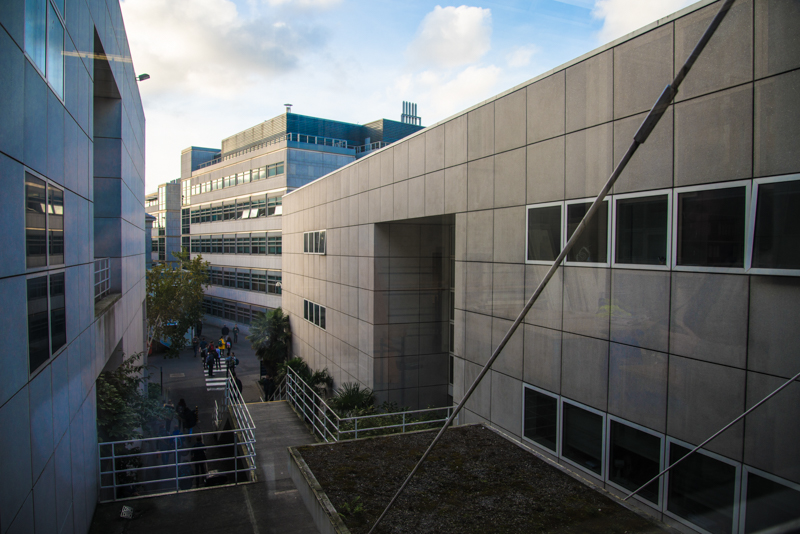Trinity researchers have discovered that smoking can result in the exhaustion of lung cells, weakening a smoker’s ability to fight diseases such as tuberculosis.
The findings, which were published in the American Journal of Respiratory Cell and Molecular Biology, offer another example of the harmful effects of smoking.
The lung cells – or macrophages – of smokers become exhausted from daily exposure to smoke, meaning they lack the metabolic reserves to fight infections or harmful bacteria.
Comparing the lung cells of smokers and non-smokers, Trinity scientists attempted to discern whether exposure to smoke increases a person’s susceptibility to tuberculosis.
Upon examining the lung of a smoker, the team found that the metabolic activity of the cells was distinctively lower. Lungs that are exposed to recurrent smoking develop exhausted macrophages and have no metabolic reserves to respond to the bacterial infection.
The researchers are now examining ways to restore these healthy pathways to improve immunity in smokers and prevent the occurrence of infectious diseases.
In a press statement, Dr Laura Gleeson, a Trinity Research Fellow in clinical medicine, said: “Because volunteers attend St James’s and partake in medical research, we were able to tightly compare smokers to non-smokers – to understand better how lung immunity against tuberculosis works.”
“Our new description of macrophage exhaustion in the lung might also lead to treatments that could be applied to other TB susceptible groups”, she said.
Dr Fred Sheehy, an Ussher assistant professor in immunology and one of the senior authors of the paper, said in a press statement: “By better understanding the immunological processes which are damaged in the lungs of the smoker, we might also uncover ways to support the health of people who smoke to avoid not just infections but also lung cancer.”







